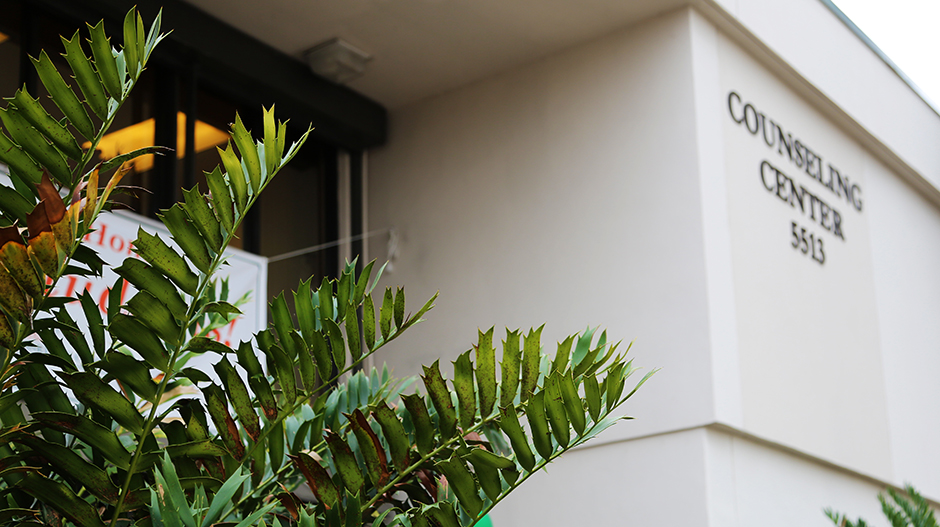With comprehensive mental health care becoming a priority for many colleges and universities across the country, empowering the campus community to help make this care more accessible is just a small, but important piece to the puzzle. Last year, 102 individuals helped to make the University of Miami safer by participating in the Counseling Center’s Suicide Prevention Gatekeeper training.
Since September is National Suicide Prevention Month, the Counseling Center invites students, faculty, and staff to dedicate an hour of their time this month to become a “gatekeeper” on campus. Once trained, gatekeepers know how to recognize suicide-risk signs, learn what to say if you think someone is at risk, and know where and how to refer someone to appropriate resources. Developed by the QPR Institute, the nationally recognized, evidence-based Question-Persuade-Refer training program emphasizes the importance of early recognition and a well-executed, strong and positive response to early warning signs as key to suicide prevention.
“Gatekeeper training provides simple but potentially lifesaving tools to the people who are interacting with students every day and are therefore well-positioned to recognize and refer individuals at risk,” said Natalie Kretsch, the Counseling Center’s suicide prevention coordinator.
Kretsch and her colleague, Gina Garrett, are the center’s certified QPR instructors who provide interactive, in-person trainings for the program which include information sessions, discussions and role-play. Kretsch said that while students may not be as willing to connect with clinicians, they may be more inclined to reach out to roommates, professors, advisors, coaches, and peers.
“If those people have the knowledge, skills and confidence to identify students in distress, ask them directly about suicidal thoughts, and help connect them with resources,” she adds, “we are more capable of providing treatment to the individuals who need it the most, and thus, our whole community can be safer and healthier.”
Gatekeeper training also aims to reduce the stigma associated with mental illness on campus by dispelling common myths about suicide through education.
“Just asking someone whether they are suicidal communicates care and concern, opening a connection that was not there before,” Kretsch adds. “Through gatekeeper training, participants become more comfortable with having honest conversations about mental health and learn practical guidelines on how to have those conversations.”
Those interested in becoming a gatekeeper can register for a training session on September 17 at 12:30 p.m. in the Counseling Center or November 7 at 4 p.m. on the RSMAS Campus. Information about how to register as well as access to the self-paced hour-long online training is available via the Counseling Center’s website.
If you or someone you know is in suicidal crisis or emotional distress and needs immediate help, the National Suicide Prevention Lifeline provides free and confidential emotional support 24 hours a day, 7 days a week online or via phone at 1-800-273-TALK. The UM Counseling Center offers emergency services during normal business hours and an after-hours line at 305-284-5511. If you are experiencing a life-threatening emergency, call 911 or go to your nearest emergency room.

